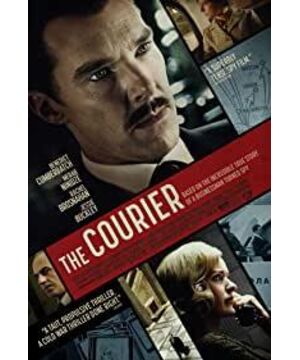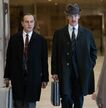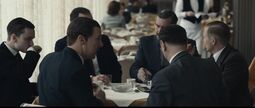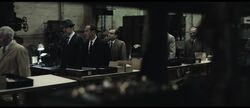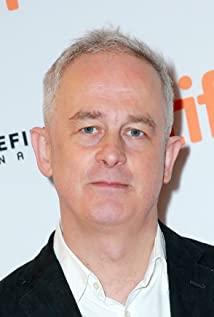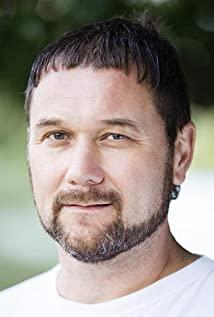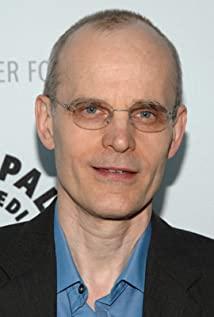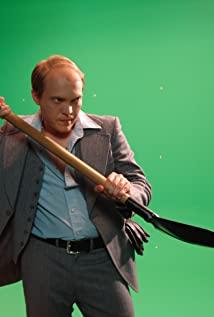An episode of the spy war in the context of the early US-Soviet hegemony.
During the Khrushchev era, the Soviet Union, in addition to having built up enough national confidence, began to deal with Western countries with a relatively tolerant attitude. Khrushchev also knew that although the Soviet Union was the second most powerful country in the world after the United States, it was still unable to fully compete with the United States in economic, military, cultural, sports and other fields of national influence.
Therefore, Khrushchev's strategy is to focus on bluffing, trying to use the smallest price in various fields in exchange for the United States to spend great efforts to deal with it, so as to consume the national resources of the United States. The subsequent Berlin Wall incident, the Cuban missile crisis, and the Vietnam War were basically the Soviet Union that disrupted the strategic layout of the United States at a relatively small cost. In particular, the Vietnam War made the United States suffer a big loss, and China also spent a lot of effort, but after reunifying Vietnam, the Viet Cong did not hesitate to fall to the Soviet Union, which simply made the Soviet Union more profitable.
The Cuban missile crisis was also a game. The Soviet Union had long known that the United States had deployed ballistic missiles with nuclear warheads in Turkey, but the Soviet Union had far fewer nuclear warheads or vehicles that could hit the mainland of the United States than the United States. If the belt is tightened at this time and the focus of the economy is shifted to military production, it will be a huge burden on the Soviet economy, which has just recovered slightly after the war, and it is very likely that the economic system will collapse rapidly and the country will collapse. However, if the US nuclear threat around the Soviet Union is not openly dealt with, the Soviet government's prestige and prestige gathered by the victory of World War II will be damaged, and the younger brothers in the Warsaw Pact who are waiting to drink soup with the Soviet leader will also become estranged.
Khrushchev knew very well that it would be difficult to follow the truth if people were scattered, so he came up with a shortcut, that is, to deploy nuclear bombs in Cuba under the nose of the United States, so that he would have the capital to "mutually ensure destruction" with the United States. While showing goodwill to the United States, Khrushchev secretly shipped nuclear bombs to Cuba in batches. The plan is to deploy 60 nuclear bombs. In August 1962, the United States received intelligence, and by the time it was confirmed by U2 high-altitude reconnaissance in October, the Soviet Union had deployed 42 nuclear bombs.
The Kennedy administration became angry and felt deceived and insulted, and immediately deployed a large number of naval and air forces to block the Caribbean Sea, Florida also deployed a large-scale landing force, and US military bases around the world entered a state of emergency. The posture is full, but the United States does not want to easily start a war of gambling for the country. Of course, the Soviet Union does not want to, so everyone sits down and negotiates.
The result was that the Soviet Union publicly removed the Cuban bomb, and then the U.S. secretly removed the Turkish bomb. Looking at the results alone, neither the United States nor the Soviet Union lost much. However, the Soviet Union bought time. With the implementation of Khrushchev's economic reform measures, the Soviet Union gradually had the economic foundation to expand its military strength, especially its nuclear arsenal, and the gap between the United States and the Soviet Union in the military field became smaller and smaller. In the Brezhnev era, relying on the economic foundations of the Khrushchev era, it forcibly raised its military strength to that of the United States, forming a pattern in which the Soviet Union attacked and defended the United States, and indirectly contributed to the subsequent abandonment of Taiwan by the United States. The regime established formal diplomatic relations with the CCP.
In this era of great historical changes, the espionage war between NATO led by the United States and the Warsaw Pact led by the Soviet Union is also in full swing, and various classic cases have emerged. Both sides want to get information on the other side desperately, and they both try their best to guard against their opponents. In some famous intelligence agencies on both sides, such as CIA, KGB, MI6, etc., there are eyeliners placed by the other side.
Often walking by the river, how can there not be wet shoes. It is also common for intelligence personnel to fail their mission to reveal their identities and get arrested. Those who have diplomatic identities as a cover are better off, at best, they are directly deported. However, non-diplomatic personnel usually face torture or even death for espionage.
In the Stalin era, the Soviet Union treated foreign spies relatively simply. Basically, they were shot and killed, and sometimes even a trial was avoided. As for your own spy being caught by the other party, you should be blessed, the country doesn't have so many spare resources to take care of you. In the Khrushchev era, dialogue with the West was advocated, and some interest exchanges could be appropriately made, so the exchange of captured espionage personnel became feasible. The British businessman Greville in this film finally returned to the United Kingdom alive in this way. He should also thank Khrushchev. If he was still in the Stalin era, he would most likely be shot directly in the woods.
Khrushchev, who only appeared in a few short scenes in the film, is actually an interesting person. Although he only ruled the Soviet Union for 9 years, during these 9 years, the Soviet Union gradually caught up or even surpassed the United States in some fields, and gradually became one of the superpowers in the bipolar pattern. After his death, although the Soviet mainstream media rarely mentioned him, there were still many people who spontaneously mourned him, which was extremely rare in the history of the leaders of the CPSU. If Khrushchev had been in power for a few more years, or if his successor could continue to lead the Soviet Union according to his model, I am afraid that it would still be the situation of confrontation between NATO and the Warsaw Pact under the bipolar structure of the United States and the Soviet Union.
All previous leaders of the CPSU came from families at the bottom of the society. None of them were rich or second-generation nobles, and Khrushchev was no exception. His parents were both poor peasants. Even though he grew up in such a difficult environment and managed to rise to the C position in the leadership of the CPSU during the harsh political struggle, he still retained the humorous and relatively lenient side of his character.
There is a small story. Once at the Congress of the CPSU, Khrushchev was giving a speech, recounting the various mistakes of Stalin's period. At this time, a small note came from the audience, which said to the effect of "Since you think those are mistakes, why didn't you bring them up at that time". Khrushchev didn't get angry after reading it. He picked up the loudspeaker and read out the contents of the note aloud, and asked which comrade wrote it, please stand up. Asked several times and no one responded. So he said: I was in the same situation as you!
View more about The Courier reviews


